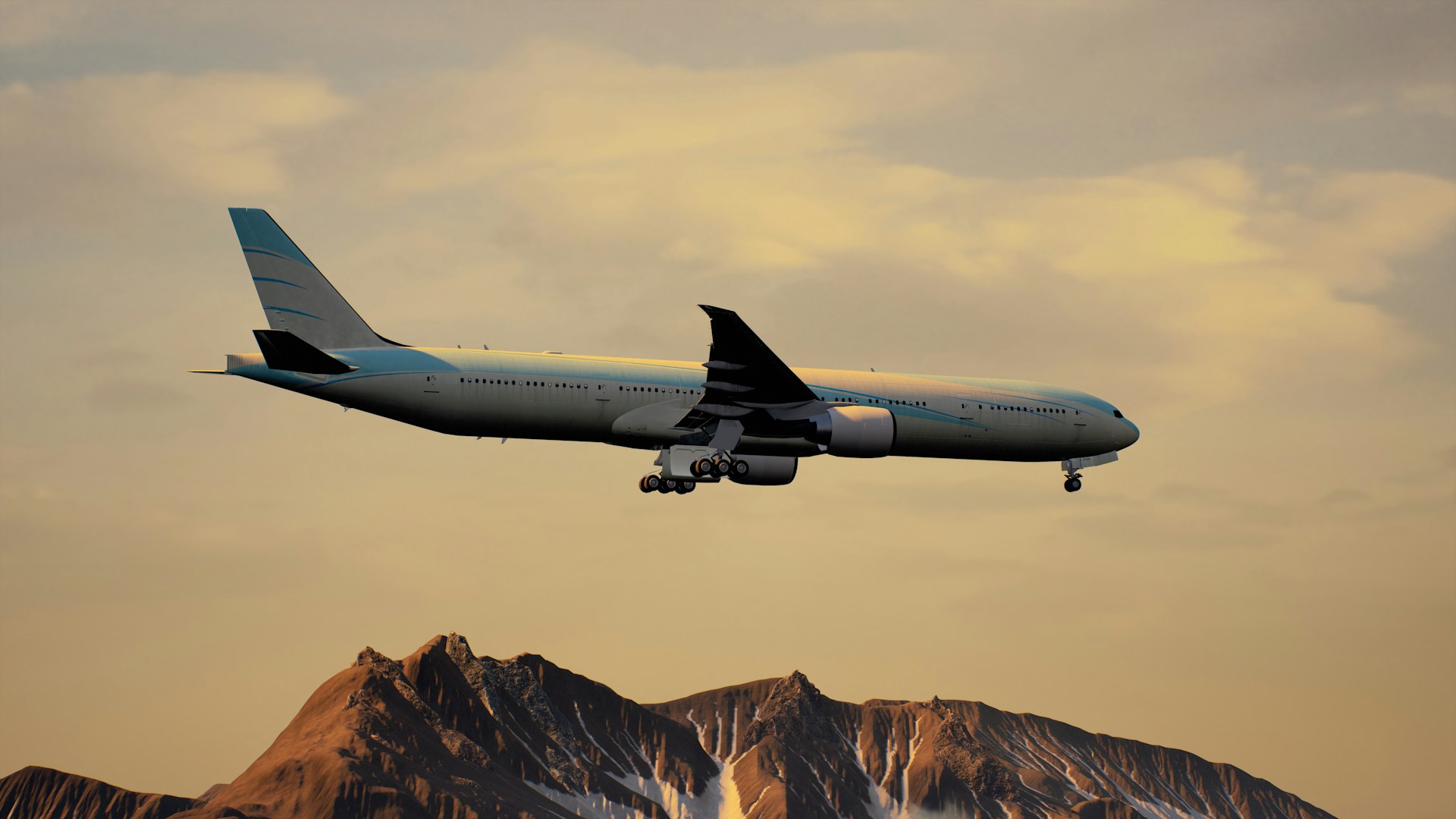
Flight Efficiency: What Airlines Can Do to Boost Performance
Ever wondered why some flights feel effortless while others leave you frustrated and delayed? It’s not just luck or good weather. Airlines are constantly working behind the scenes to improve flight efficiency – and it’s about much more than just getting you to your destination on time. From cutting down on fuel costs to keeping passengers happy, there’s a lot happening up in the air (and on the ground) to make your journey smoother.
Keeping Aircraft in Top Shape
You wouldn’t drive your car around for years without regular check-ups, right? The same goes for airplanes, only on a much bigger scale. Proper maintenance is key to keeping planes running smoothly, and it’s one area where airlines can make massive gains in efficiency.
Modern aircraft need a lot of care. Fluids like Skydrol LD-4, a special type of hydraulic fluid, are essential to keeping things moving – literally. If maintenance teams aren’t on top of their game, minor issues can turn into big problems, causing delays, cancellations, or worse.
The Power of Predictive Maintenance
What if airlines could spot problems before they happen? With predictive maintenance, they can. By using sensors and advanced technology, airlines can monitor an aircraft’s performance in real-time. If something’s not quite right, the system flags it before it becomes a serious issue. This means fewer emergency repairs and less downtime, keeping flights on schedule. It’s like having a crystal ball for your plane’s health.
Fuel Efficiency: A Win for Everyone
Fuel is expensive, and let’s be honest – it’s not great for the environment. Airlines know this, which is why they’re always looking for ways to make their planes more fuel-efficient. But how do they pull that off?
Newer, Greener Planes
Older planes guzzle fuel like there’s no tomorrow. Enter new, more fuel-efficient models. Aircraft like the Boeing 787 Dreamliner or Airbus A350 are designed to sip fuel rather than chug it. For airlines, this means saving money and cutting down on carbon emissions. And for passengers? You might notice smoother flights and fewer delays, as these modern planes are often more reliable.
Trimming the Fat: Less Weight, More Savings
Did you know that every pound on an airplane adds to fuel costs? Airlines are starting to get creative with weight reduction, using lighter materials wherever possible. From swapping out heavy food carts to using lighter seats, even small changes can make a big impact. And while airlines would love if everyone packed light, we all know that’s wishful thinking!
Smarter Routes, Quicker Flights
Have you ever wondered why one flight from New York to LA takes five hours, and another takes six? It’s not because of a magical wind blowing westward. Airlines are using advanced software to plan smarter, more direct routes. This not only saves time but also cuts down on fuel consumption. The result? You land earlier, and the airline spends less on fuel.
Tackling Delays: The Ultimate Passenger Frustration
Few things are as frustrating as flight delays. Whether it’s because of a late inbound flight, weather, or mechanical issues, passengers want to know: why can’t airlines fix this? The truth is, airlines are working on it.
Ground Operations: Speeding Things Up
Once the plane lands, there’s a lot that happens before it’s ready to take off again. Baggage has to be unloaded, refueling needs to happen, and passengers must disembark before the next group can board. If any part of this process gets delayed, it can throw off the entire schedule. By optimizing ground operations – like using more efficient baggage handling systems and automating tasks where possible – airlines can cut down on delays.
Keeping Passengers in the Loop
Delays are frustrating, no question. But they’re even worse when you’re left wondering what’s going on. Better communication can go a long way here. Airlines are starting to roll out improved systems to keep passengers informed in real-time, so if there is a delay, you know exactly why. It doesn’t make the wait any shorter, but it does take some of the sting out of it.
Going Green for the Future
You’ve probably noticed that environmental concerns are taking center stage in many industries, and airlines are no exception. By adopting sustainable practices, airlines aren’t just making a positive impact on the environment – they’re also improving their efficiency.
Sustainable Aviation Fuels (SAF)
Sustainable Aviation Fuels are starting to pop up as a cleaner alternative to traditional jet fuel. Made from renewable resources like plant oils or even waste materials, SAF burns cleaner and reduces carbon emissions. While it’s still in the early stages of adoption, SAF holds the potential to make air travel far more sustainable in the long run. Plus, airlines using SAF could eventually see savings on fuel costs, especially as oil prices fluctuate.
Elevating the Passenger Experience
We can’t talk about flight efficiency without touching on what it means for passengers. Sure, quicker boarding and faster flights are great, but airlines are also focusing on how to make your experience better from the moment you check in to when you land.
Streamlined Check-In and Boarding
Ever stood in line at an airport and wondered why things take so long? Airlines are tackling this by investing in more self-service options like mobile check-ins and automated bag drops. It not only saves time for passengers but also reduces pressure on staff. Some airlines are even testing new ways to board planes, grouping passengers in ways that avoid the usual chaos at the gate.
Staying Connected Mid-Flight
In-flight Wi-Fi used to be a luxury, but it’s quickly becoming a must-have. Airlines know that passengers want to stay connected, and many are investing in better, faster Wi-Fi options. For long-haul flights, a good internet connection can make all the difference. It’s not just about entertainment, either – staying connected lets business travelers stay productive, which means they might choose one airline over another for future flights.
The Takeaway
Flight efficiency isn’t just a buzzword; it’s something airlines are actively working on every day. From predictive maintenance to sustainable fuels and smarter routes, every improvement they make helps flights run smoother, saves money, and reduces environmental impact. And for passengers, it means quicker, more enjoyable journeys. So next time you fly, know that behind the scenes, a lot is happening to get you from point A to point B as efficiently as possible.



 Bitcoin
Bitcoin  Ethereum
Ethereum  Tether
Tether  XRP
XRP  USDC
USDC  Solana
Solana  TRON
TRON  Lido Staked Ether
Lido Staked Ether  Cardano
Cardano  Avalanche
Avalanche  Toncoin
Toncoin